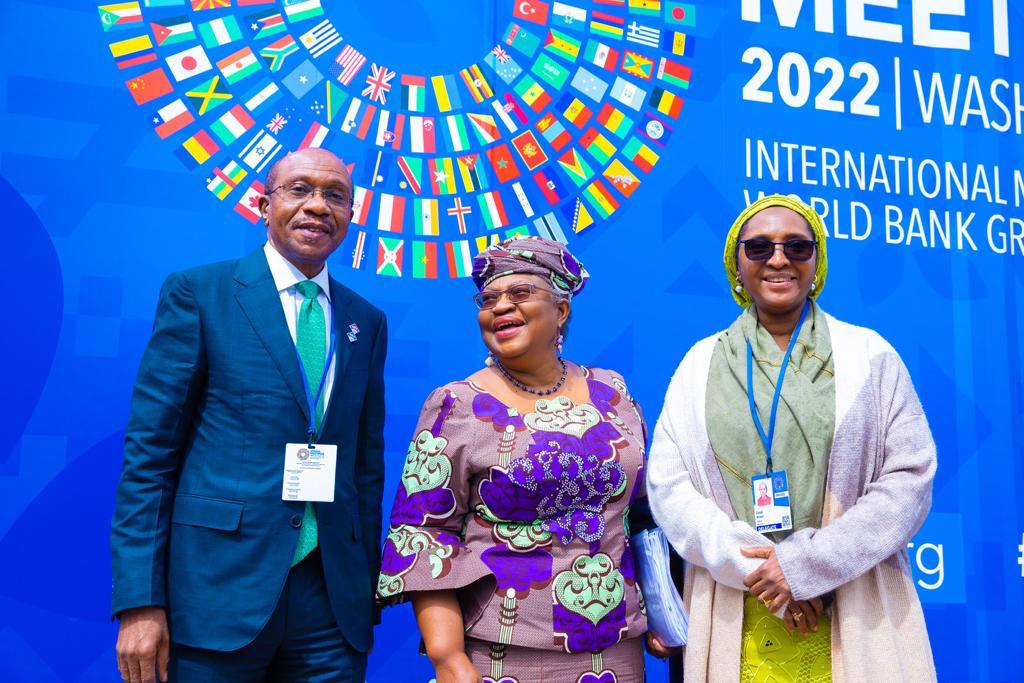Business
Petroleum Stakeholders Strategise For Post-Subsidy Era

Stakeholders in Nigeria’s mid stream and downstream petroleum sectors have urged the Federal Government to outline strategies for a sustainable future in the downstream sector.
The appeal was made during a virtual online workshop, Friday, in Lagos with the theme “Deregulation of the Nigerian downstream sector: The day after”.
The Tide’s source reports that the workshop was organised by the Nigerian Petroleum Downstream Industry in collaboration with the African Refiners and Distributors Association (ARDA).
The stakeholders at the workshop called on the government to implement appropriate palliatives in the form of public transportation and freight of agricultural produce.
They urged government to ensure transparent and effective communication, improve access to foreign exchange, trade finance, guarantee strategic stock, and provide access to crude oil for refineries ahead of the plan to embark on the total removal of petrol subsidy.
The workshop offered the industry regulator and all players across the midstream and downstream value chain the opportunity to deliberate on measures that needed to be put in place ahead of the full implementation of the Petroleum Industry Act (PIA).
The participants also focused on the need for operators in the industry to professionalise the midstream and downstream petroleum sectors ahead of the take-off of full deregulation.
The Authority Chief Executive of the Nigerian Midstream and Downstream Petroleum Regulatory (NMDPRA), Mr Farouk Ahmed, said the Authority would allow free market pricing once the sector was fully deregulated.
On his part, the Executive Director, Distributions System, Storage and Retail Infrastructure of NMDPRA, Mr Ogbugo Ukoha, spoke on the role of the regulator in pricing, safe operation and enforcement, while the Managing Director, CITAC Africa, Gary Still, touched on market liberalisation or elimination of subsidies.
Also speaking, the National President of the Nigerian Association of Road Transport Owners (NARTO), Alhaji Othman Yusuf, warned that the full deregulation of the downstream sector and complete removal of petrol subsidy would bring about opportunities and challenges.
The National President, Independent Petroleum Marketers Association of Nigeria (IPMAN), Elder Chinedu Okoronkwo, revealed that the marketers are in full support of the government’s plan to embark on full deregulation of the downstream sector.
Okoronkwo, who was represented by Mr Mike Osatuyi, IPMAN’s National Operations Controller, warned Nigerians to prepare to pay up to N750 for every litre of petrol after the removal of subsidy.
He added that the pump price is likely to drop to around N500 if the Government encourages the Central Bank of Nigeria (CBN) to provide forex to marketers at the official rate.
Okoronkwo also urged the government to channel savings from subsidy provisions to provide palliatives to the masses, adding that government must be sensitive to resentment from Nigerians.
Mr Taiwo Oyedele, the Fiscal Policy Partner and Africa Tax Leader at Pricewaterhouse Coopers (PwC), charged the government and the regulator to identify potential pitfalls that could trigger resentment from citizens before, during, and after the removal of the petrol subsidy.
According to him, deliberate public sensitization, industry engagement, and collaboration with civil society organizations are needed to aid public buy-in during the implementation of full deregulation.
He said in the course of implementing the policies, the government’s interpretation of its strategy must be issue-based and not confrontational.
Executive Vice Chairman of the Federal Competition and Consumer Protection Commission (FCCPC), Mr Babatunde Irukera, advised the industry regulator to establish quality and safety standards for petroleum products.
Irukera, represented by Mrs Morayo Adisa, his Technical Consultant, said this include fuel quality standards, safety regulations for storage and transportation, and environmental regulations.
The Chairman of Major Oil Marketers Association of Nigeria (MOMAN), Mr Olumide Adeosun, who doubled as the facilitator, stated that the virtual workshop aimed at addressing key challenges and outlining strategies to ensure a sustainable future for the petroleum downstream sector.
He said safeguarding consumer interest in a deregulated environment was also significant, adding that the workshop provided data-driven insights into the sector’s growth potential.
“The importance of connecting to regional markets, positioning Nigeria as the regional refining hub, and fostering relationships with international service providers.
“Including rating agencies, finance and governance institutions, and aligning with the goals of the Conference of the Parties to the United Nations Framework Convention on Climate Change (COP), was reiterated at the workshop.
“Ultimately, this collaborative workshop provided a platform for stakeholders to share knowledge and develop strategies to ensure the Nigerian Petroleum downstream Industry remains a strong, competitive force while transitioning to a more sustainable future”, he added.
Transport
Automated Points Concession : FAAN Workers Gave 72hrs To Revise Decisions In PH

Transport
FAAN Announces Pick-Up Points for Go-Cashless Cards

Business
Fidelity Bank To Empower Women With Sustainable Entrepreneurship Skills, HAP2.0
-
Politics4 days ago
2027: NIGERIANS FAULT INEC ON DIGITAL MEMBERSHIP REGISTER DIRECTIVE
-

 Environment4 days ago
Environment4 days agoLAWMA Director Says Sweeping Reforms Have Improved Waste Collection
-
Politics4 days ago
LP Crisis: Ex-NWC Member Dumps Dumps Abure Faction
-

 Politics4 days ago
Politics4 days agoUmahi Dismisses Allegations On Social Media, Insists On Projects Delivery
-

 Sports4 days ago
Sports4 days agoAbia Not Sure To Secure continental Ticket
-
Politics4 days ago
NATASHA ELECTRIC VEHICLES INITIATIVE IN KOGI CENTRAL
-
Sports4 days ago
La Liga: Yamal Records First Career Hat-trick
-
Politics4 days ago
IT’S A LIE, G-5 GOVS DIDN’T WIN ELECTION FOR TINUBU – SOWUNMI

